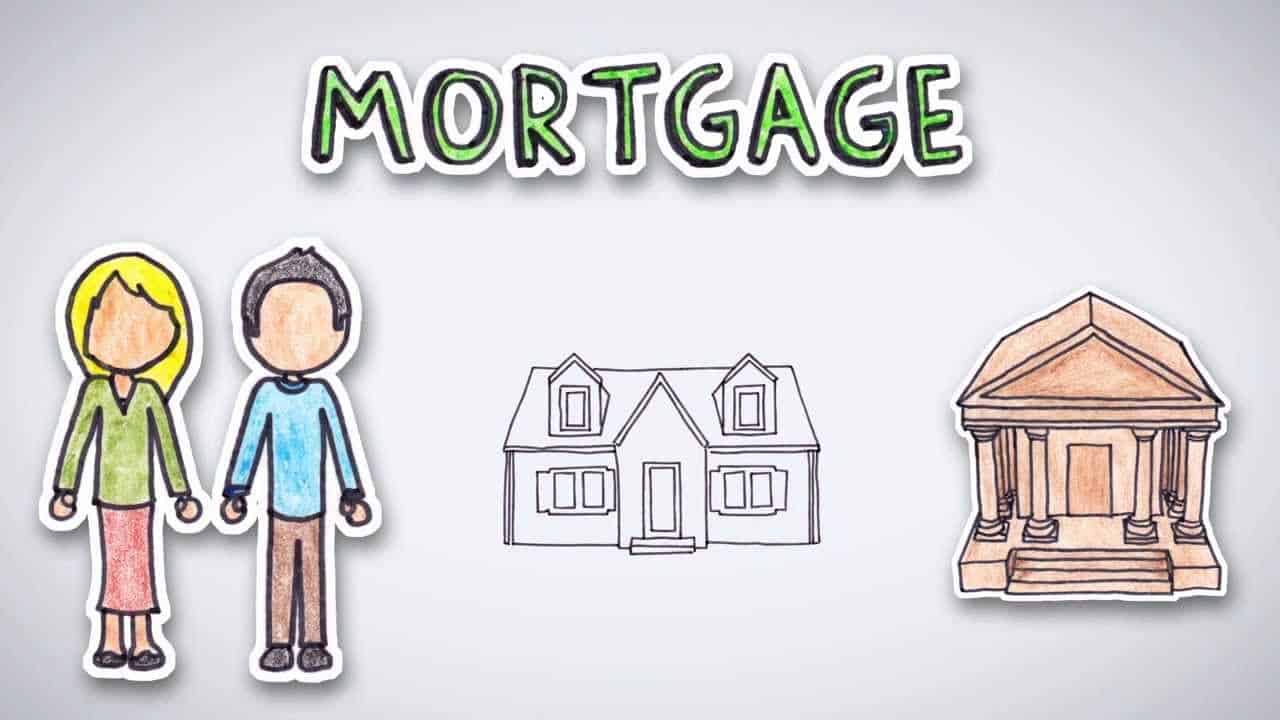
Reverse Mortgage: What You Need To Know
Reverse mortgages are home equity loan that is primarily intended for property owners at least 62 years old. It does not require or need monthly mortgage payments, and the equity of the home is, for the most part, paid out to the property owners.
A reverse mortgage is, more often than not, considered or defined as the last-resort source of money. However, reverse mortgages have become effective retirement planning schemes for some property owners.
Are you thinking of or considering getting a reverse mortgage? If so, then keep in mind that there are things that you need to know. For a little help, here is everything you need to know about reverse mortgages.

Who Benefit From Reverse Mortgages?
According to a research fellow at the Center for Retirement Research at Boston College, Steven Sass, reverse mortgages would benefit people who:
- Wish to access their home’s equity to boost their income in retirement.
- Has the capacity to pay property insurance, taxes, and the cost of upkeeping their home.
- Have no plans to move.
Moreover, some homeowners leverage a reverse mortgage to get rid of their existing mortgage and boost their monthly income. There are lots of reasons why people want to apply for a reverse mortgage.
For instance, when a person needs to pay their debt off immediately or if they encounter unexpected expenses such as health care and home renovation.
How Does It Work?
How do reverse mortgages work? Here’s how:
- First, the mortgage lender makes payments to the person who wants to borrow money. The payments are based on a percentage of amassed home equity.
- When should a borrower repay it? When the borrower moves out from the property permanently, sells the home, or when the borrower dies.
- Who can borrow? For the most part, individuals who are at least 62 years old who have small-scale mortgages or own property outright. The property should be your main residence, and you must not commit to any government debts.
- Are credit scores required? Of course! Definitely! Mortgage lenders need to assess your monthly living expenses, assets, income, and Reverse Mortgage Rating. Also, you need to keep up with hazard premiums and property taxes.
- What kind of properties qualify? Essentially, properties should meet flood requirements and FHA home standards. Qualified home types include FHA-compliant homes, HUD-approved condo, two- or four-unit homes, and single-family homes.
- How can borrowers use the money? Well, for whatever reason. Usually, retirees use the money to finance home repairs, retire debt, compensate for health care expenses, or boost income.
In reverse mortgage loans, borrowers will never owe more than the value of their property, no matter how much money you borrow. When the balance is below the value of your home at the repayment time, you or your children can keep or save the difference.
To understand more, here’s an example. Say, for instance, a couple decides to apply for a reverse mortgage. However, one the wife or the husband is out of the Home Equity Conversion Mortgage or HECM.
When the borrowing spouse moves out permanently or dies, the non-borrowing spouse can, for the most part, continue to stay at the property as long as she or he is on the HECM documents.
Advantages and Disadvantages
So that you understand more about reverse mortgages, we’ve laid out its pros and cons. So, read on.
Cons
- Reverse mortgages drain or suck out a significant property of your estate.
- Borrowers need to upkeep the property and pay homeowners insurance and property taxes.
- Closing costs and other fees can be, for the most part, high.
Prons
- Non-borrowing spouses can still live in the property, even if they are not on the mortgage when the borrowing spouse dies.
- Monthly cash flow can improve.
- You can pay an existing mortgage with the borrowed money.
- Settle a debt or any unexpected expenses.
- Doesn’t need monthly payments.
How Much Cash Can You Get?
Usually, you can get at most sixty percent of the initial capital limit of your reverse mortgage in the first year. This is called the first-year principal limit. If the money you borrowed on other payments surpasses this amount, you can, believe it or not, get some money to pay off those fees or loans.
Plus, more money of at least ten percent of your initial capital limit. There are a few factors that gauge the amount of cash you can achieve through this type of loan. For example, interest rate, home value, age, and HECM FHA mortgage limit.
Takeaway
Reverse mortgages are loans established by a mortgage lender to a property owner using the property as collateral or security. This type of loan is different from traditional ones.
In traditional mortgages, homeowners use their own money to pay off the debt in the long run. But in reverse mortgages, the loan balance increases over time since the property owner isn’t making any mortgage payments every month.
If you are thinking about applying for a reverse mortgage, this post can surely help you out. Remember to consult any government agencies and your financial advisor for any impacts on government benefits and taxes.




